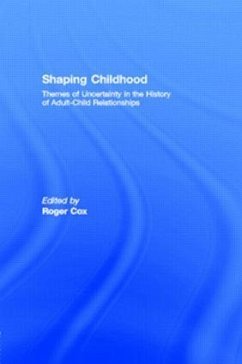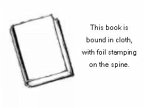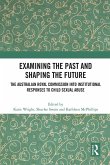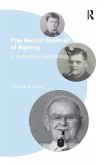What part has religion played in the history of child-rearing? How do we persuade children to behave rationally and how should we exercise adult authority? What use do we make of their innocence and how do we cope with their sexuality? Has history left us with ideas about the child which make no sense in the prevailing conditions of the late twentieth century? In Shaping Childhood these questions are explored through themes from the history of childhood. Puritan parents sought salvation for their children through intense discipline and intense love, a powerful combination which left behind a much misunderstood and much distorted legacy. Locke thought that treating children as if they were rational was the best approach to child-rearing, but Rousseau was sceptical of adult manipulation and Romanticism could be subversive of both religion and reason as sources of discipline in child-rearing. The Victorians inherited many of the contradictions these approaches gave rise to, and they added a complication of their own through an aesthetic response to childhood's beauty. Currently, with instability in household formation and with the child exposed to ever more sophisticated means of communication, parents, teachers and others struggle to make sense of this ambiguous historical legacy. Shaping Childhood does not focus on the growth of state policies relating to children nor on current debates in child care but examines the ways in which the broader cultural forces such as religion, literature and mass consumption influence contemporary parenting. It will be invaluable reading for students of cultural studies and sociology, and lecturers and practitioners in social work and education.








